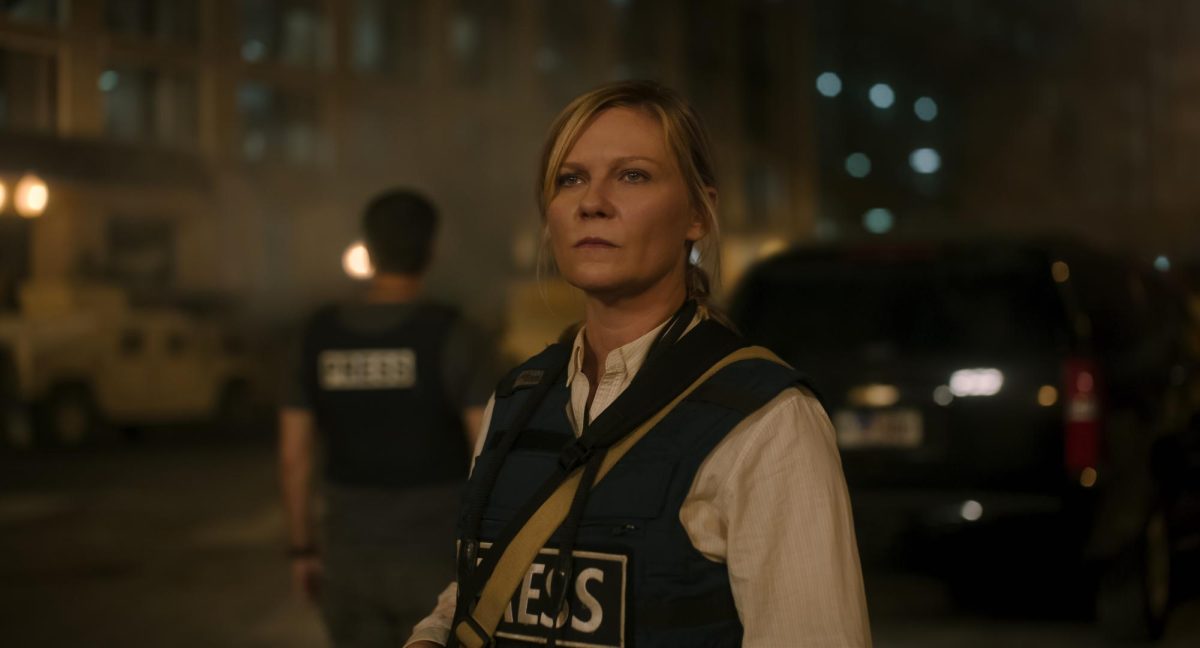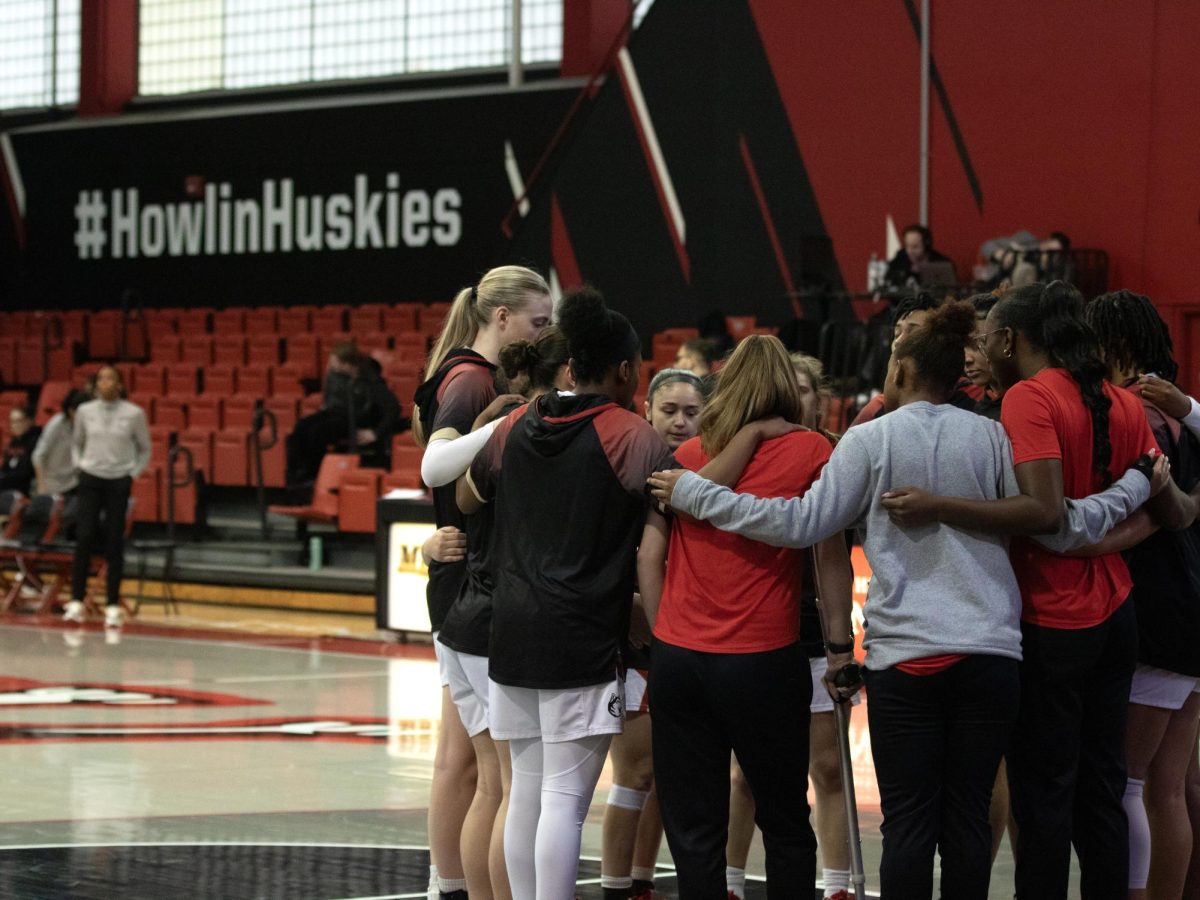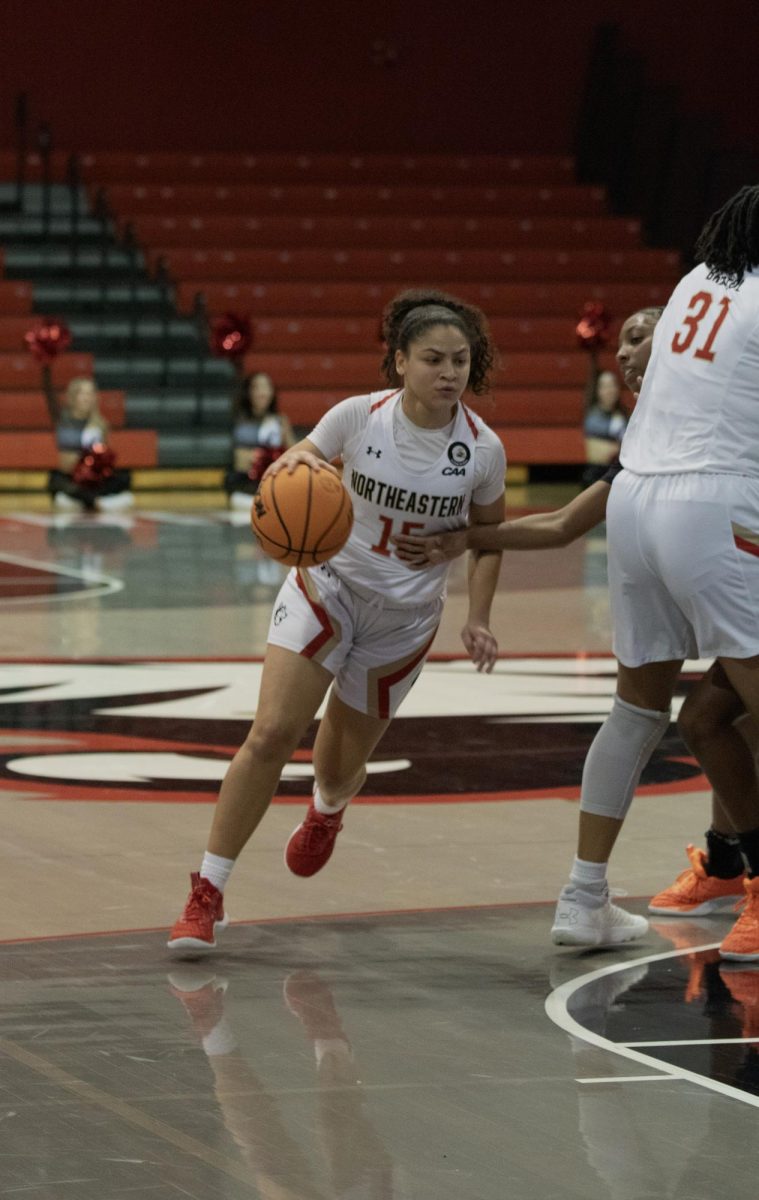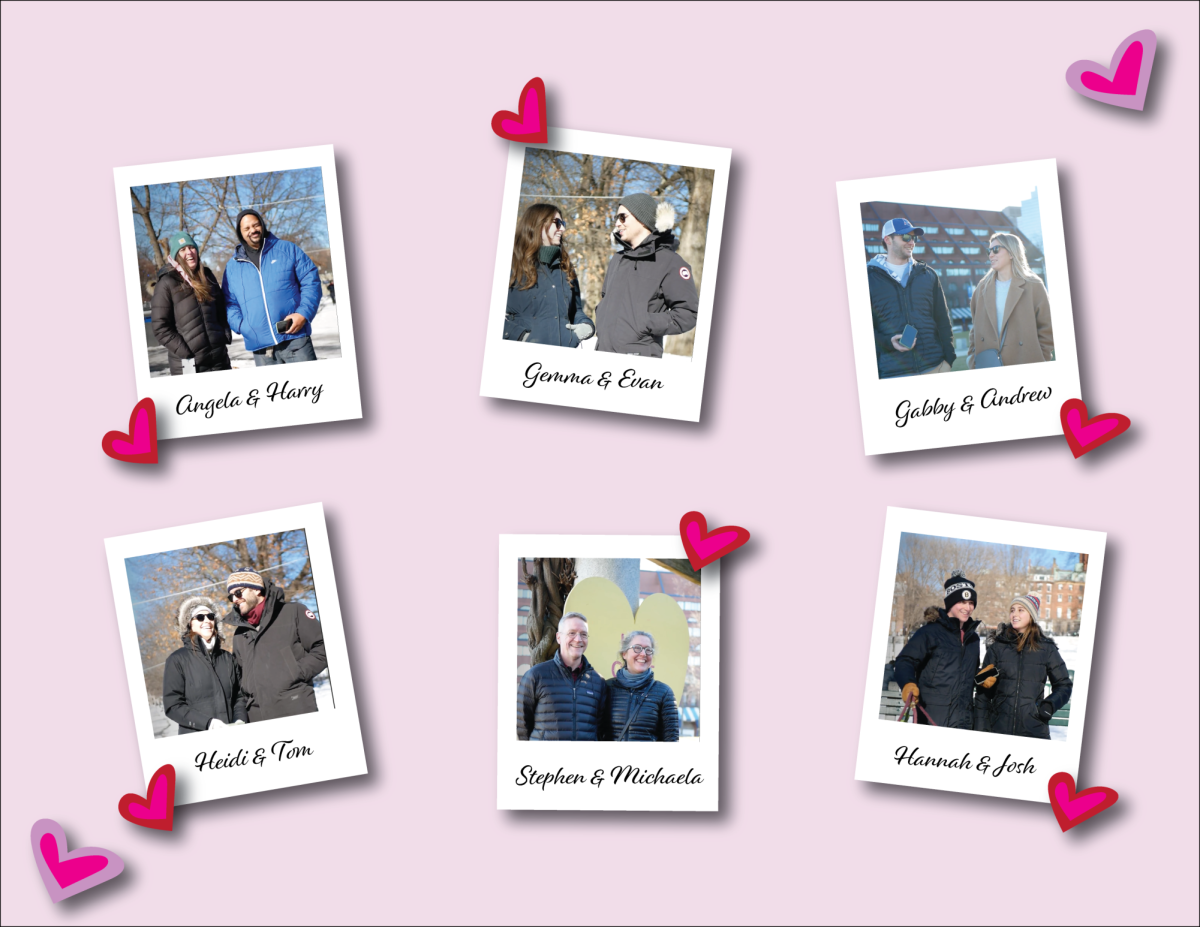
The city publishes a list of the best and worst songs for a relationship
Keeping a relationship happy and healthy may be as easy as listening to the right song, according to a study by the Boston Public Health Commission’s youth-based Start Strong program.
The program, which is geared towards kids ages 10 to 14, released a list of the top 10 healthy and unhealthy relationship songs released in 2010.
Start Strong director Casey Corcoran had teens who work in the program study songs for lyrical content and compile the list. The program targeted middle school students who live mostly in Dorchester and Roxbury. According to Start Strong’s website, these areas only make up 25 percent of Boston’s population, but 38 percent of the relationship crimes reported in the city.
Among the least healthy songs were Cee Lo Green’s “(Funk) You,” Maroon 5’s “Misery,” and Rihanna and Eminem’s “Love the Way You Lie.”
Healthy relationship songs included “Naturally” by Selena Gomez, “Just the Way You Are” by Bruno Mars, and “Nothing on You” by B.O.B featuring Bruno Mars.
Corcoran said the goal of the list was to make teens conscious of what they listen to, as he believes what they listen to can be just as important as any other choices they make.
“We want people to make informed choices about their media diets,” Corcoran said.
Freshman pharmacy major Cara Mittler said she believes it is all about individuality when it comes to these songs affecting relationships.
“I think people can pick and choose what relates to them, and if they want it to affect their relationship they can,” Mittler said.
This was the second year the Start Strong program has released its list. Corcoran’s teens, who all come from Boston Public Schools, went through training to educate themselves on the issue of teen violence and act as educating role models to about 1,000 middle school students in the Boston area each year.
James Wood, a sophomore international business major, said he does not think the media and the music that we hear can have a negative effect on relationships.
“I can see if people are in a relationship and they have a song together, but I can’t see it affecting any other way,” Wood said.
When it came to deciding which songs were “bad,” Corcoran said, “It’s really all about the lyrics,” and cited Usher’s song “Hot Tottie” as one of the worst, a song that advocates cheating, unsafe sex and poor relations with women.
As for Green’s “(Funk) You,” in which the singer deals with heartbreak by yelling expletives at his former love and her new boyfriend, criticism was not focused as much on lyrics, but on theme.
“We would not encourage teens to resolve issues the way he does,” Corcoran said. “On the opposite side of the spectrum, positive lyric themes include support, equality, trust and respect.”
More than one of the songs were condemned for their theme, and the lack of censure against these themes if the theme happened to be “unhealthy.” This is the case in Eminem and Rihanna’s song, “Love the way you Lie.” Since the song does nothing to admit that being in an abusive relationship, such that the people in the song are in, is unhealthy, it got placed on the list of songs with unhealthy relationship ingredients.
Justin Beiber’s song “One Time” topped the list of healthy relationship songs in 2009, but this year Beiber landed the ninth spot on the opposing, unhealthy, list for a song, called “Eenie Meenie.”
Tracy Breen, a social worker at General Psychological Associates in Andover, said she believes the tone or lyrics in songs can influence people in relationships.
“I think [the media] is powerful in general, but especially for young people,” Breen said. “I think a lot of it does depend on values and guidance.”
While this is a list of specific people’s thoughts, does it have much merit when it comes to students? These songs are said to have the “ingredients” for a healthy or unhealthy relationship, not that they will actually cause them.
Senior business administration major Gustavo Tarrazo said he thinks a positive song can only reinforce good times in a relationship, rather than the bad.
“I just don’t think that a song could actually make things worse in a relationship,” he said. “But it could help if it’s a good song and something reflecting what you’re going through.”













